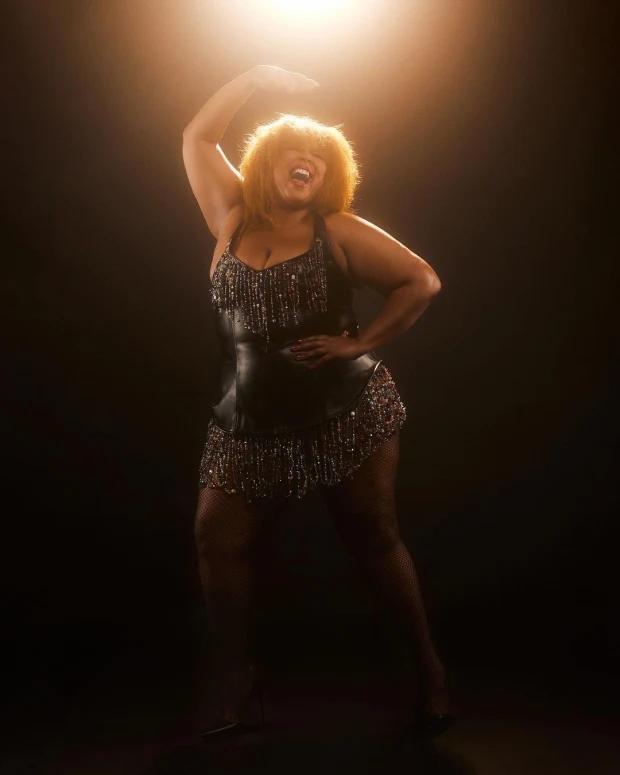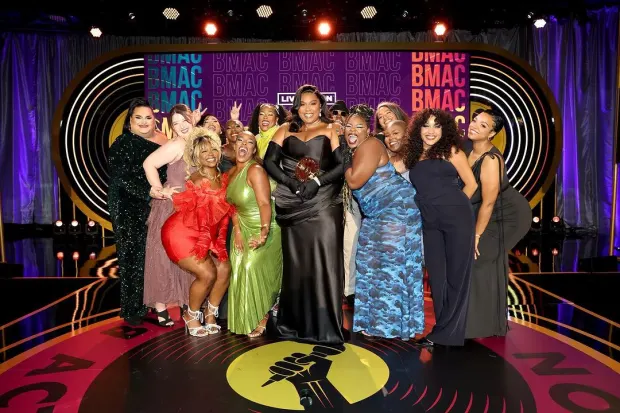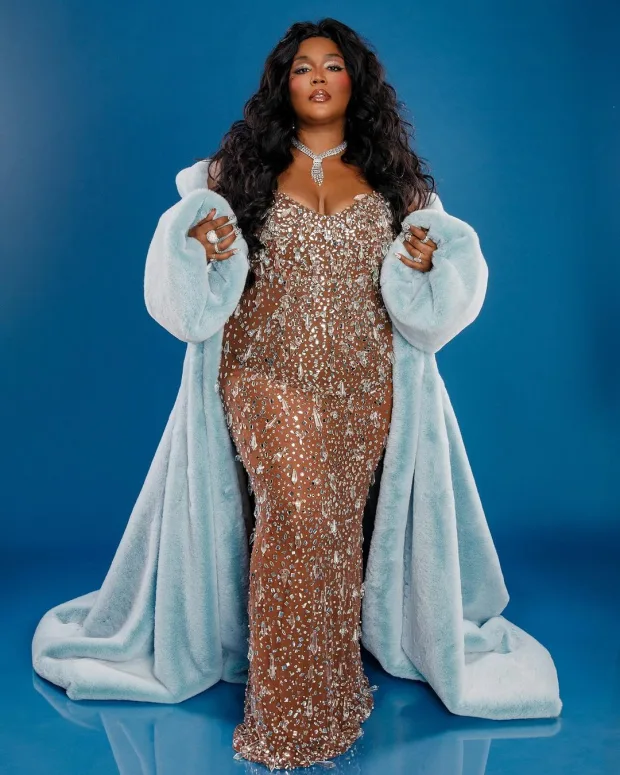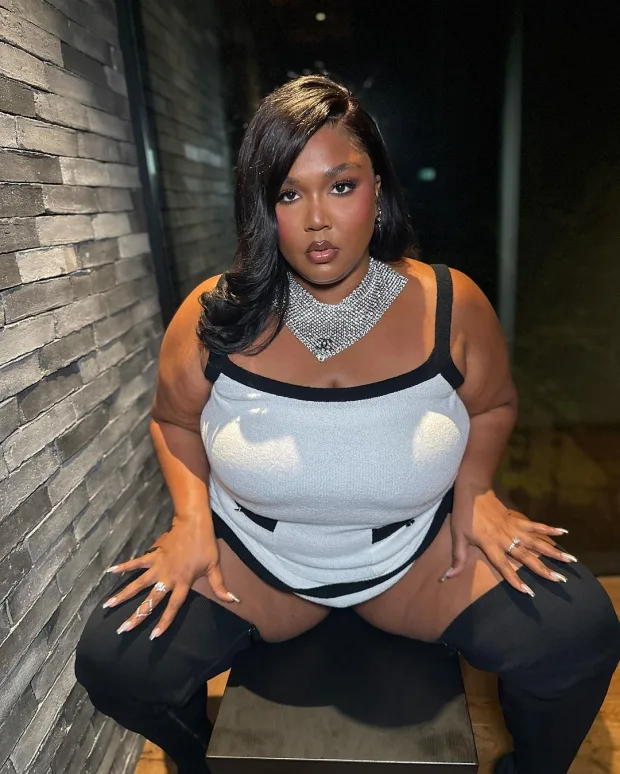Note: This story was first reported in October 2022.
Lizzo, the Grammy-winning powerhouse, is opening up about the complexities of her widespread success and the predominantly white fanbase that often accompanies it.

In an exclusive interview for Vanity Fair’s November cover story, Lizzo, born Melissa Viviane Jefferson, opened up about her artistic journey and the deeper purpose behind her music. The 34-year-old music sensation boldly shared that while her popularity has soared, she doesn’t create music with any specific racial group in mind. Instead, her work is a raw expression of her Black experience—a powerful tool for personal healing in the face of life’s challenges.
Although Lizzo’s roots are deeply embedded in R&B, hip-hop, and gospel, her undeniable impact on the pop scene is clear with chart-topping hits like “Juice,” “Good As Hell,” and her recent anthem “About Damn Time.” While her fanbase has grown to include many white listeners, especially after her breakthrough in 2019 with Cuz I Luv You, Lizzo emphasized that her music is primarily aimed at Black women, her core audience.

Lizzo passionately declared, “We need self-love and self-love anthems more than anybody.” Through her music, she aims to uplift Black women who, like herself, have endured underappreciation, bullying, and the weight of societal pressures. She finds it baffling when critics question her dedication to creating music rooted in a Black perspective, as she believes it’s an intrinsic part of her identity as a Black artist.

Addressing the recent controversy over her performance with a 200-year-old crystal flute once owned by Founding Father James Madison, Lizzo reflected on the ongoing struggle for Black women in America. She expressed a deep sense of hopelessness, noting that Black women have long been denied fairness and respect throughout history. However, Lizzo remains hopeful, believing that true progress can only come when those with privilege take responsibility. For her, this means not just pushing for change for all, but also for those like herself—a fat Black woman—who continue to face systemic barriers.
Lizzo’s commitment to social justice shines through her activism. After the overturn of Roe v. Wade in June, she donated $500,000 to Planned Parenthood and the National Network of Abortion Funds. Her tour promoter, Live Nation, matched this donation with another $500,000. Lizzo believes race played a significant role in the ruling, pointing to what she sees as an entrenched culture of white male supremacy in the U.S., with complicity from various groups, including white women

To wrap it up, Lizzo’s journey goes beyond music, exploring the intricate layers of race, identity, and activism. Her unapologetic approach and unwavering dedication to her roots amplify her message of self-love, establishing her as a powerful and influential voice in today’s ever-changing cultural landscape.